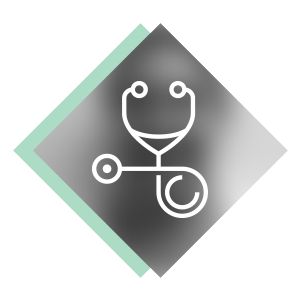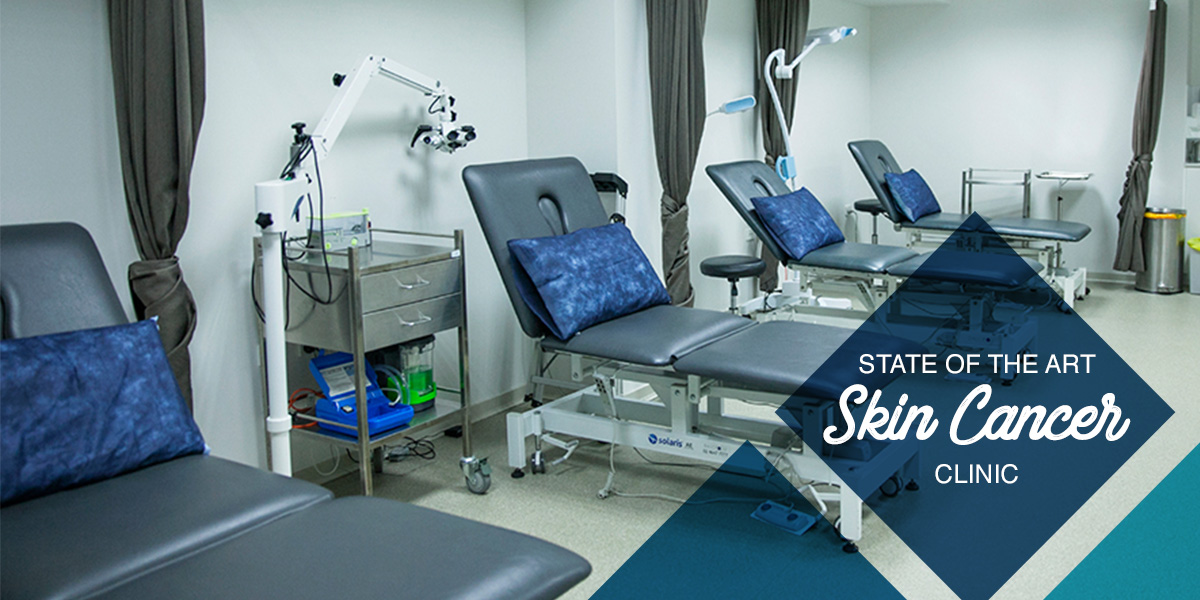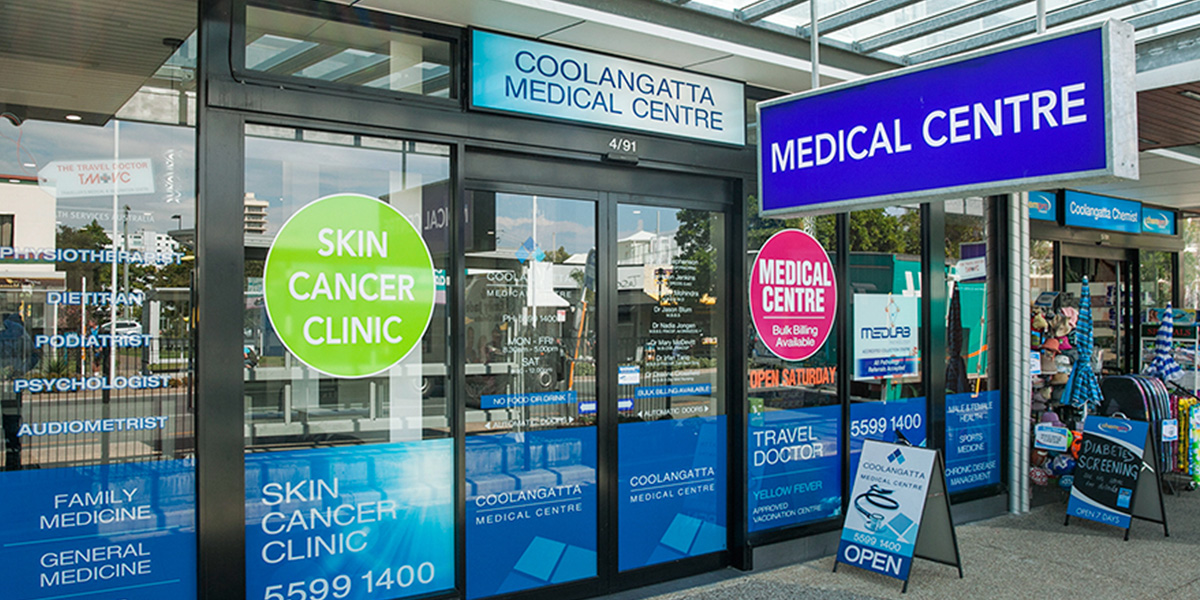Accessible Whooping Cough Vaccine: Services Available in Queensland, Australia
What is Whooping Cough
Whooping cough, also known as pertussis, is a respiratory disease caused by a type of bacteria called Bordetella pertussis. It is a very contagious illness that spreads from person to person.
Before the vaccine became available in the 1940s, more than 200,000 cases of pertussis were reported annually. However, the incidence of the disease has decreased by more than 75% since the introduction and availability of the vaccine.
Today, pertussis remains a major health concern among children worldwide.1 In Australia, pertussis epidemics occur every 3-4 years.2
Causes and Transmission
Bordetella pertussis, the bacteria that causes whooping cough, can be easily transmitted from one person to another. Once the bacteria enter the respiratory tract, they attach to the small hairs on the inner walls of the lungs, which can lead to swelling and inflammation. This results in a persistent dry cough and other symptoms similar to a cold.
When someone with the B. pertussis infection sneezes or coughs, they can spread tiny particles containing the bacteria. It can also be transmitted through close contact or by sharing a confined space with an infected person.
Anyone can catch whooping cough. However, those who are most at risk are:
- People who are not vaccinated or those who haven’t received the whooping cough booster vaccine in the past 10 years
- Babies under 6 months old who can’t be vaccinated yet
- People living in the same household with someone with a whooping cough
In Australia, more than 200 infants less than 6 months old are hospitalised each year, with an average of 1 reported case of death. Older children and adults who are unvaccinated are at risk of respiratory infections and are often the source of pertussis in infants.3
Book Appointment
or
Call (07) 5599 1400
More About Us!
Clinic Hours:
- Monday – Friday 8:30am – 5pm
- Saturday 8:30am – 2.30pm
- Sunday 9:00am – 12.00pm
- Public Holidays – Please call the centre for more information.
Email us: office@coolmedical.com.au
Find us at 91 Griffith Street, Coolangatta, QLD
What is Whooping Cough (Pertussis): Symptoms, Treatment, and Prevention
When to See Your Doctor
If you or a family member have a prolonged, persistent debilitating cough that causes the following, consult your doctor immediately:
-
Vomiting
-
Face turning red or blue
-
Difficulty breathing or having noticeable pauses in breathing
-
Inhaling with a whooping sound in between coughing fits
Complications and Risks
Whooping cough can be particularly risky for babies, especially those younger than 1 year old. Coughing fits in children can lead to difficulty in breathing and other complications such as:4
-
Brain damage or bleeding on the brain
-
Pneumonia
-
Seizures
-
Apnea
-
Convulsions
In teens and adults, untreated whooping cough can also lead to pneumonia. Severe cough can also cause:
-
Abdominal hernias
-
Bruised ribs
-
Broken blood vessels
-
Poor bladder control
-
Difficulty sleeping
Diagnosis
Because the symptoms of whooping cough are similar to cold, flu, or bronchitis, it can be hard to diagnose early on. Your doctor will ask about your symptoms and whether you have had contact with a person who has whooping cough.5
If your doctor suspects you may have whooping cough, they may recommend tests such as:
- Nose and/or throat swab test to identify the presence of the bacteria
- Blood test to check your white blood cell count
- Imaging test (e.g., x-ray) to examine complications such as pneumonia
Treatment and Management
Antibiotics are a prescribed treatment for whooping cough as they minimise the risk of spreading the disease. Individuals who take antibiotics will no longer be contagious 5 days after starting medications.
To relieve your symptoms, you can try the following tips:
-
Get plenty of rest and fluids
-
Eat small, frequent meals to prevent vomiting
-
Avoid cigarette smoke
In severe cases, hospitalisation may be required to treat and manage complications. Infants are at the most risk of developing severe complications, so take them to your doctor immediately upon noticing the symptoms early on.
Public Health Importance
With whooping cough epidemics generally occurring every three to five years in Australia, the Immunisation Foundation of Australia declares November 8 as Whooping Cough Day. This campaign aims to raise awareness about the disease and the significance of vaccination in protecting individuals and communities from its potentially severe consequences. With an emphasis on adult, pregnancy, and childhood vaccinations, the campaign encourages individuals to stay up-to-date with their boosters for whooping cough as well as practise good hygiene to mitigate the spread of the disease.
Prevention
Getting vaccinated is your best protection against the disease and aids in preventing most whooping cough complications. It also lessens the risk of spreading the bacteria, thus minimising the cases in the community and protecting the vulnerable populations who are young or unable to get vaccinated.
The National Immunisation Program recommends whooping cough vaccination for the following age groups as well as other groups not listed below here- go to this link for more information Recommendations | Pertussis (whooping cough) | The Australian Immunisation Handbook (health.gov.au):6
- Children: 6 doses of vaccine
- Pregnant women: between 20-32 weeks during pregnancy
- Adults age 50 and 65 and over
- Healthcare and childcare workers as well as people travelling overseas who have not received a booster in the last 10 years
It is generally recommended to receive 6 doses of diphtheria, tetanus, and pertussis (DTaP) vaccine during childhood, then one dose as a booster for adults. Talk to your doctor about how many doses are recommended for you and when is the best time to receive them.
Apart from immunisation against pertussis, having good hygiene and health habits can minimise the risk of spreading and catching pertussis. Properly and regularly wash your hands with soap and water, especially if you come into contact with someone with whooping cough. Always cover your mouth and nose when coughing or sneezing and stay at home when you’re sick.
Protect Yourself and Your Loved Ones Against Whooping Cough
While vaccination against whooping cough is especially important for babies, pregnant women, and people they are in contact with, we all play a significant role in minimising the spread and negative effects of the disease. It takes the effort of the whole community to achieve protection against whooping cough. By getting vaccinated and practising good hygiene, you are protecting not only yourself but your family and loved ones, too.
Coolangatta Medical Centre takes part in protecting individuals and the broader community by providing extensive vaccinations to people from all walks of life. By prioritising accessibility, we can build a healthier community, where everyone can protect themselves and others against vaccine-preventable diseases like whooping cough.
Our Team of GP Doctors
Take an active role in your health and let our team of doctors, dieticians, and nurses at Coolangatta Health Clinics help you achieve optimal health and Whooping Cough prevention
Related Medical Services We Offer:
At Coolangatta Medical Centre, we also offer many other specialised care for vaccinations and overall family health care to keep you and your loved ones healthy. Book your appointment to visit our clinic at Gold Coast.
- Children’s Vaccines
- Extensive Vaccinations
- Family Medicine
- Drug & Alcohol Testing
To see more of our other medical services, click here.
Payment Methods:
Full fee upfront is payable on the day of your appointment and will be processed with a credit/debit card token provided at the time of booking.
Medicare rebate is processed for you on your behalf by the administration team and will go back into the account that you have nominated with Medicare within 24 to 48 hours. For more information about Medicare rebates, see our FAQs page.
Out of pocket fee is the amount of money that you will be out of pocket after Medicare has processed your rebate.
Areas We Serve
Coolangatta Medical Centre services many local communities on the Gold Coast as well as Northern NSW. If you live in or nearby the following suburbs, Coolangatta Medical Centre is easily visited from the location:
- Tweed Heads
- Tweed Heads South
- Tweed Heads West
- Bilinga
- Cobaki Lakes
- Tugun


 Dr Mary McDevitt
Dr Mary McDevitt Dr Kerrie Davis
Dr Kerrie Davis Dr Michaelia Verbeek
Dr Michaelia Verbeek Dr Russell O’Brien
Dr Russell O’Brien
